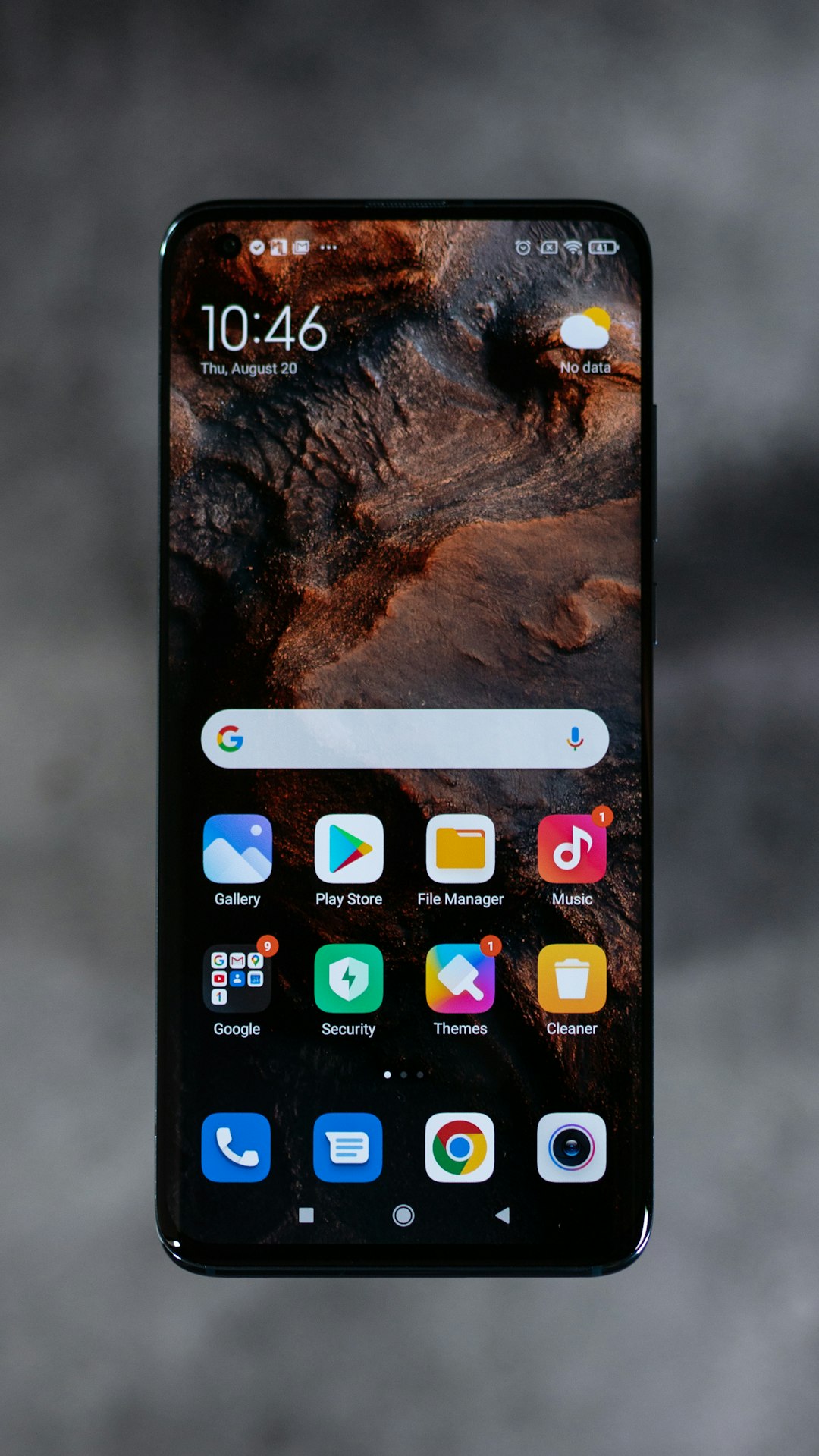Mississippi's stringent spam call laws, enforced by the Attorney General's Office, are supported by dedicated spam call law firms educating citizens about their rights and handling complaints. A multi-faceted approach includes community workshops, call-blocking technology, legal support from firms, and public awareness campaigns via social media and newsletters to empower residents in protecting themselves from unwanted intrusions of spam calls.
In Mississippi, staying informed about spam calls is not just a nuisance—it’s crucial. With stringent state laws against unsolicited phone marketing, understanding your rights and effective prevention strategies is essential. This guide navigates Mississippi’s spam call landscape, offering insights on how to implement awareness programs and engage residents in fighting back against unwanted calls. Learn from legal experts and community initiatives to become better equipped against these persistent nuisances.
Understanding Mississippi's Spam Call Laws

In Mississippi, the fight against spam calls is backed by stringent legal frameworks designed to protect residents from unwanted telemarketing practices. The state’s spam call laws are enforced by the Mississippi Attorney General’s Office, which has the authority to take legal action against violators. These laws not only restrict certain types of automated or prerecorded calls but also empower consumers with rights to privacy and control over their phone lines.
Mississippi’s spam call law firm plays a pivotal role in educating residents about their protections and helping them navigate complaints. By understanding the legal landscape, consumers can better assert their rights and ensure that their personal information remains secure. This proactive approach not only helps mitigate the annoyance of spam calls but also fosters a safer, more informed community across the state.
Strategies for Implementing Awareness Programs

Implementing effective spam call awareness programs in Mississippi involves a multi-faceted approach tailored to educate and empower residents. Start by integrating comprehensive educational initiatives into local communities, schools, and workplaces. Teach individuals about their rights under the state’s spam call laws and provide practical tips for identifying and reporting nuisance calls. Collaborate with local law enforcement agencies to conduct regular workshops and seminars, ensuring a steady stream of information dissemination.
Leverage technology to supplement awareness efforts. Encourage the use of call-blocking apps and tools that can automatically filter out spam calls. Partner with reputable Mississippi spam call law firms to offer resources and legal support for victims of persistent or harassing calls. Regularly update community members on evolving scams and tactics used by spammers, fostering a proactive and informed citizenry capable of protecting themselves from these unwanted intrusions.
Engaging Mississippi Residents in Spam Call Prevention

Engaging Mississippi residents in spam call prevention is a multifaceted approach that starts with education and awareness. Local law firms play a pivotal role by hosting informational sessions, workshops, and webinars to educate citizens about the state’s spam call laws. These events can be organized in community centers, schools, and local businesses to ensure wide participation. By breaking down complex legal concepts into simple, understandable terms, residents can better recognize and report spam calls, contributing to a more regulated environment.
Additionally, leveraging social media platforms, local news outlets, and email newsletters to disseminate information about spam call trends, common scams, and tips for prevention can further empower citizens. Encouraging community members to share their experiences and success stories in combating spam calls fosters a collaborative spirit of vigilance. Collaboration between law firms, community leaders, and regulatory bodies ensures that Mississippi residents are equipped with the knowledge necessary to protect themselves from unwanted and fraudulent calls.






